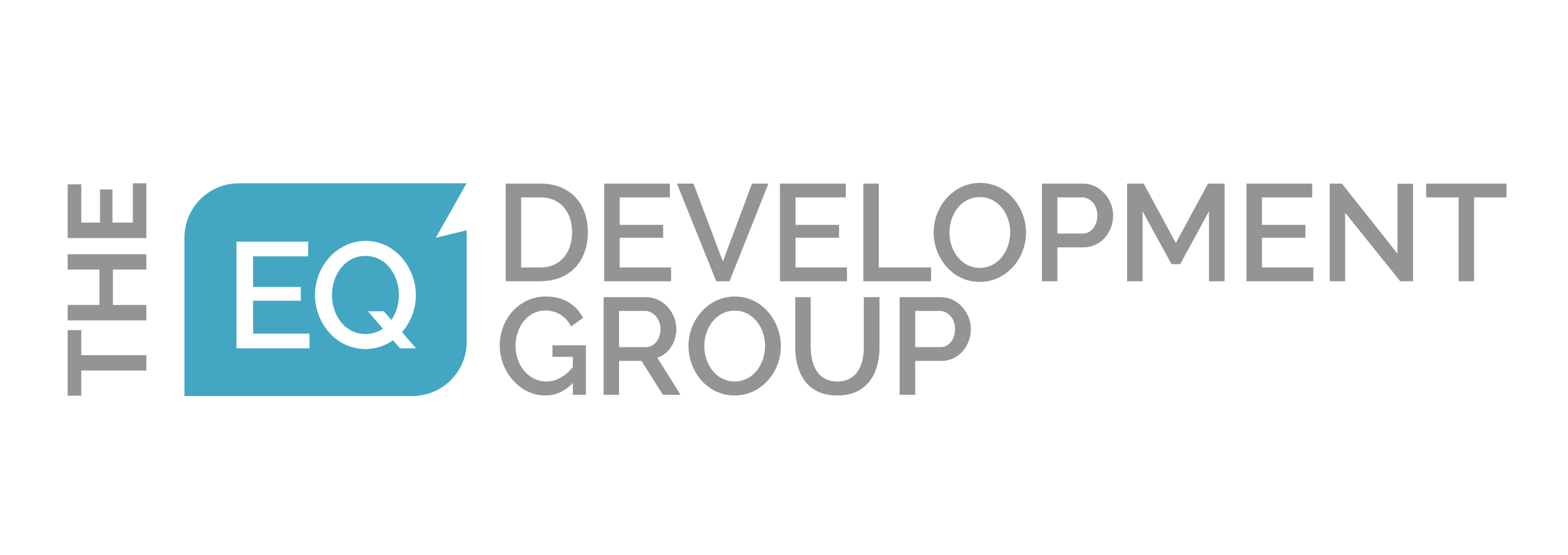The Answer to Workplace Woes – A New Kind of Leader
As a society, have we decided that work is a bad thing? Phrases like ‘working for the man’, and ‘Thank God It’s Friday’ speak to the notion that work is doing little more than using time and energy – preventing you from doing what you want. The end of work week celebration is so embedded into our culture that there is even a restaurant chain named after it.
Work plays a very powerful role in our lives. Right or wrong, it defines, to a point, elements of our identity, impacts our well-being, and consumes considerable time and energy. It provides money so we can live our lives, social interaction, a degree of order to our lives, and (hopefully) a sense of accomplishment and achievement. So why do we seem to resent it so much?
It’s always been interesting to me to hear so many people talk about their work in negative ways. Early in my career I was on vacation in Florida. Sitting on a tourist bus at NASA’s Space Center, waiting for the bus to depart, I listened to a small group of bus drivers who stood by the door lamenting the poor leadership, the lack of clarity around what was happening with the schedule, their vacation days, and a host of other challenges. If things didn’t change, they said, they would quit. See how management would like that!
On the return journey of that same vacation, sitting in Vancouver airport, I listened to a couple of guys flying home from the northern Canadian oil patch as they passed time waiting for their connecting flight. With one eye on the departures board, they lamented the poor leadership, vague directives, and energy draining work environment back at the work site. If things didn’t change, they said, they would quit. See how management would like that!
For some reason the geographic separation, different contexts, but almost identical flow to the conversations sparked an interest in the way we talk about work which has remained with me. Not least because it sounded like the same conversation I had been having, over and again, about my own employer at the time.
Interestingly, in the majority of similar conversations I have heard since, there is rarely mention of the work itself. It’s not the work that people are so ready to complain about, but the work environment. Top of the list of complaints, not surprisingly, is ineffective (or worse) leadership. The success of the TV show ‘The Office’ had much to do with the fact that Michael Scott represented a composite of all the bad managers and leaders many of us have experienced in our lives. While I don’t think it fair to ascribe all of the blame or responsibility for dissatisfaction with work as a whole on leadership, it IS the source of many people’s work related angst, and as such represents a point of massive opportunity for leaders who are willing to take a good hard look at their leadership.
We Need A New Kind Of Leader
The reality is we need a different kind of leader. One who doesn’t think they know it all, doesn’t feel like the best ideas are always theirs, and who doesn’t avoid dealing with difficult situations. We need leaders that take time to listen, to understand, and to appreciate the contributions that people can make. We need leaders that can respond appropriately when challenges arise, who can see their team members as real human beings, and manage their own emotions in good times or bad. We need leaders that will stand up for the organization, and to the organization depending on the situation. We need leaders who will stand up for their team.
When it comes to developing these leadership skills, programs and initiatives often focus on what I refer to as the ‘technical skills’ of leadership, but I think we are starting in the wrong place. The truth is that leaders have no problem learning the tools related to common management and leadership topics. A process for resolving conflict? No problem. Tools for more effective communication? Easy. An algorithm for change management? Take your pick. Because leaders are almost always deeply committed to what they are doing, they naturally value the process of learning new skills. The challenge is not in the learning though. It’s in the application. And the solution is not in giving leaders more models or mechanisms, or more details on the models they already have. The solution is on helping them understand, for example, why they avoid addressing conflict in the first place. That’s where emotional intelligence comes in.
Emotional intelligence refers to how we perceive, use, understand, and manage our emotions. These emotions influence how we feel about ourselves, how we communicate with others, and how we handle the challenges of everyday life such as getting things done, handling interactions, and managing stress. It influences what we do, and how we do it.
Over the past 10 years I have seen how leaders with a high level of emotional intelligence get some amazing results. The kind of results I am talking about are not woo-woo fuzzy stuff. They are things like higher productivity, improved team culture, reduced sick time, and lower turnover. Leaders who are willing to take the time and expend the effort to understand and develop their emotional intelligence stand apart from their peers. If you are a leader interested in starting to develop your EQ further, book your free EQ Discovery session, check out my list of recommended books on emotional intelligence, or sign up for our new monthly newsletter (first edition comes out in March).




